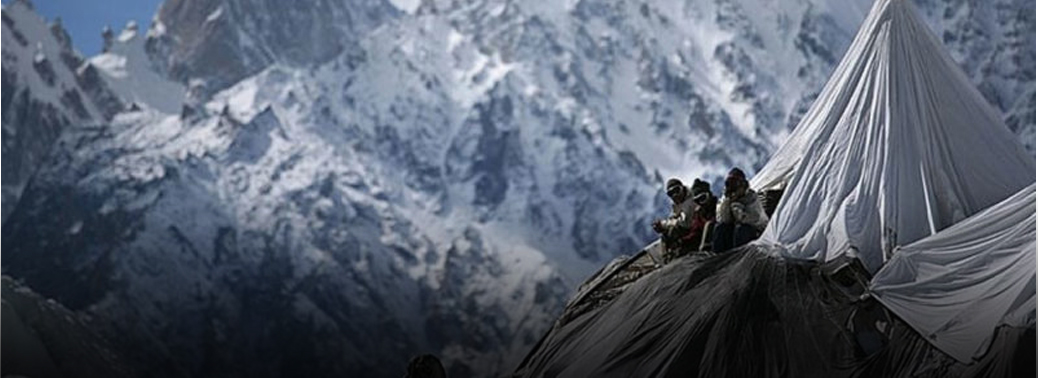HALT THE HATE- REPORT
06, Mar 2019

Prelims level :
Mains level : GS 1: Salient features of Indian Society, Diversity of India.
- Amnesty India releases ‘Halt the Hate’ report which records the data on reported hate crimes against people from marginalised communities, which includes Dalits and Adivasis, members of racial or religious minority groups, transgender persons and migrants.
About:
- The ‘Halt the Hate’ website documents alleged hate crimes against people from marginalized communities, including Dalits, Adivasis, members of racial or religious minority groups, transgender persons, and migrants. The website documents alleged hate crimes from September 2015, when Mohammad Akhlaq was killed in Dadri, Uttar Pradesh, for allegedly killing a cow. It uses English and Hindi language media to collect a record of these reported incidents. Since September 2015, there have been 721 incidents of alleged hate crimes, a vast majority of which have been against Dalits and Muslims.
Findings:
- In 2018, the website documented a total of 218 incidents of alleged hate crimes. 142 of these were against Dalits, 50 against Muslims, and 8 each against Christians, Adivasis, and Transgender people.
- There were 97 incidents of assault and 87 killings reported. 40 incidents were reported where women from marginalized groups or transgender persons faced sexual violence. Dalit women, in particular, faced a disproportionate amount of sexual violence, facing 33 out of 40 incidents of sexual violence.
- Cow-related violence and so-called ‘honour’ killings were among the common instances of alleged hate crimes. Of all the states and union territories where hate crime incidents were tracked, the top five states are Uttar Pradesh (57), Gujarat (22), Rajasthan (18), Tamil Nadu (16) and Bihar (14). For the third straight year, Uttar Pradesh is reported to have the highest number of hate crimes, with 50 incidents in 2017 and 60 incidents in 2016.
Way Forward:
- The data on the website is only a snapshot of alleged hate crimes in India, and is not comprehensive by any means.
- Many incidents are not reported to the police, and even when they are, many do not make it to mainstream media. While criminal investigations have been initiated in some cases, several have gone unpunished.
- Authorities need to do much more to ensure justice for victims and their families.






